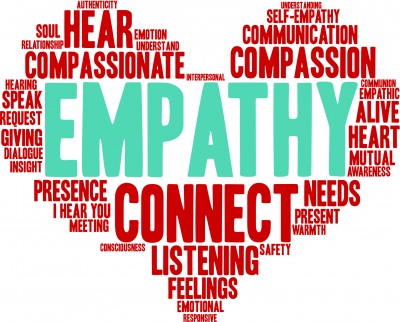 Having just returned from Australia, I’ll be devoting several upcoming blogs to my research and fact finding with how Australia is advancing in aging and dementia care, as well as dementia and age friendly best practices. I found their award wages for aged care workers to be one significant difference from the US and worthy of discussion.
Having just returned from Australia, I’ll be devoting several upcoming blogs to my research and fact finding with how Australia is advancing in aging and dementia care, as well as dementia and age friendly best practices. I found their award wages for aged care workers to be one significant difference from the US and worthy of discussion.
Award wages and workplace rights and responsibilities are managed by the Australian Government Fair Work Ombudsman. An employee’s minimum pay rate can come from an award, enterprise agreement, other registered agreement, or the national minimum wage.
Employees must be paid for all the hours they work including the time they spend in training, team meetings, opening and closing the business, and working unreasonable trial (what is equivalent to overtime in US) shifts.
An entry-level Aged Care Worker with less than 5 years of experience can expect to earn an average total compensation of AU$44,000. An Aged Care Worker with mid-career experience which includes employees with 5 to 10 years of experience can expect to earn an average total compensation of AU$46,000. An experienced Aged Care Worker which includes employees with 10 to 20 years of experience can expect to earn an average total compensation of AU$46,000. An Aged Care Worker with late-career experience which includes employees with greater than 20 years of experience can expect to earn an average total compensation of AU$48,000.
Although the healthcare and aged care systems differ from the US, I found that we are all experiencing the same challenges of a rapidly growing aging population. Workforce shortages, rising costs and changing policies are certainly a global concern.
Employee turnover in Australia is less significant than the US. While this is likely due to higher wages, they also have in place required training for all care workers, of which dementia care is included.
In late 2016 Dementia Training Australia rolled out Dementia Essentials which is delivered by Alzheimer’s Australia nationally.
The three-day course provides attendees with extensive knowledge of dementia, as well as focusing on person-centred practice, communication strategies, developing appropriate activities, and responding to unmet needs.
AGE-u-cate’s Dementia Live™️ and Compassionate Touch® programs have been overwhelmingly received in Australia and we are excited to be working with providers from across the country in expanding our presence in the coming year.
I learned that while we differ in how our “systems” work we all want to deliver high quality care to our aging populations. We all have challenges and are learning and growing from each other.
Next blog I’ll be talking about Australia’s amazing Men’s Shed program, so stay tuned!
Pam Brandon is President/Founder of AGE-u-cate® Training Institute and a passionate advocate for older adults and those that serve them.
 Time is precious. Staff is in short supply. Family caregivers are stretched to the limit. Just taking care of the basic needs is hard enough, so five minutes a day seems – IMPOSSIBLE!
Time is precious. Staff is in short supply. Family caregivers are stretched to the limit. Just taking care of the basic needs is hard enough, so five minutes a day seems – IMPOSSIBLE! Call it awareness, attention, focus, presence, or vigilance. It’s proving to be a powerful and effective practice in coping with stress. Caregiving can easily top the charts on stress, especially for caregivers of elders with chronic illness and dementia. Mindfulness for caregivers means learning to live in the moment, accept the reality of a situation, and filter out distractions.
Call it awareness, attention, focus, presence, or vigilance. It’s proving to be a powerful and effective practice in coping with stress. Caregiving can easily top the charts on stress, especially for caregivers of elders with chronic illness and dementia. Mindfulness for caregivers means learning to live in the moment, accept the reality of a situation, and filter out distractions. Neurological research substantiates that human beings appear to be “wired” to be empathetic. In other words, we all have an innate ability to be empathetic. Would empathy training in dementia care provide a strong foundation tool for front line staff to help improve the quality of life for those living with dementia?
Neurological research substantiates that human beings appear to be “wired” to be empathetic. In other words, we all have an innate ability to be empathetic. Would empathy training in dementia care provide a strong foundation tool for front line staff to help improve the quality of life for those living with dementia?